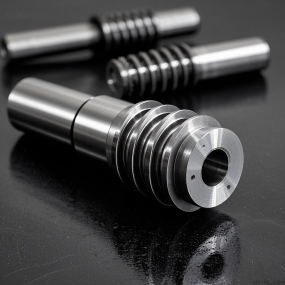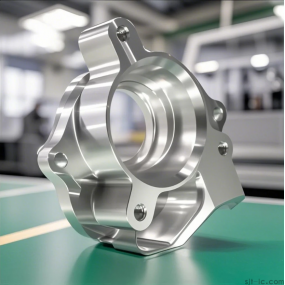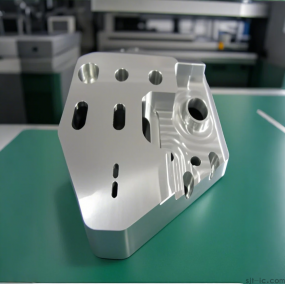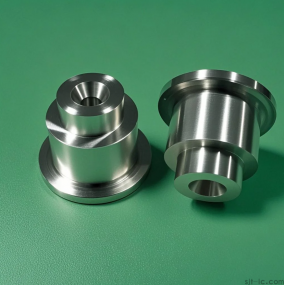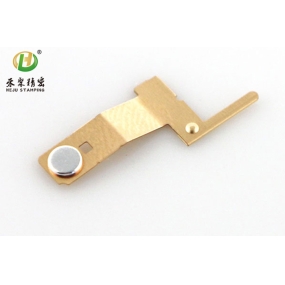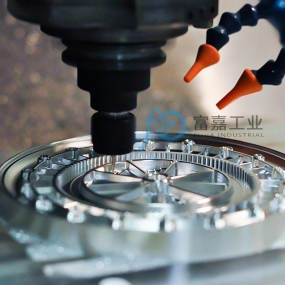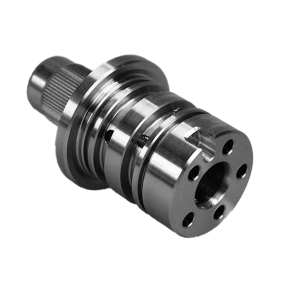In modern manufacturing, CNC mold processing technology plays a pivotal role in producing high-precision molds for industries ranging from automotive to consumer electronics. As a leading CNC Machining service provider, EMAR leverages advanced equipment and expertise to deliver molds with exceptional accuracy and durability. This article explores the key aspects of CNC mold manufacturing and how our solutions address industry challenges.
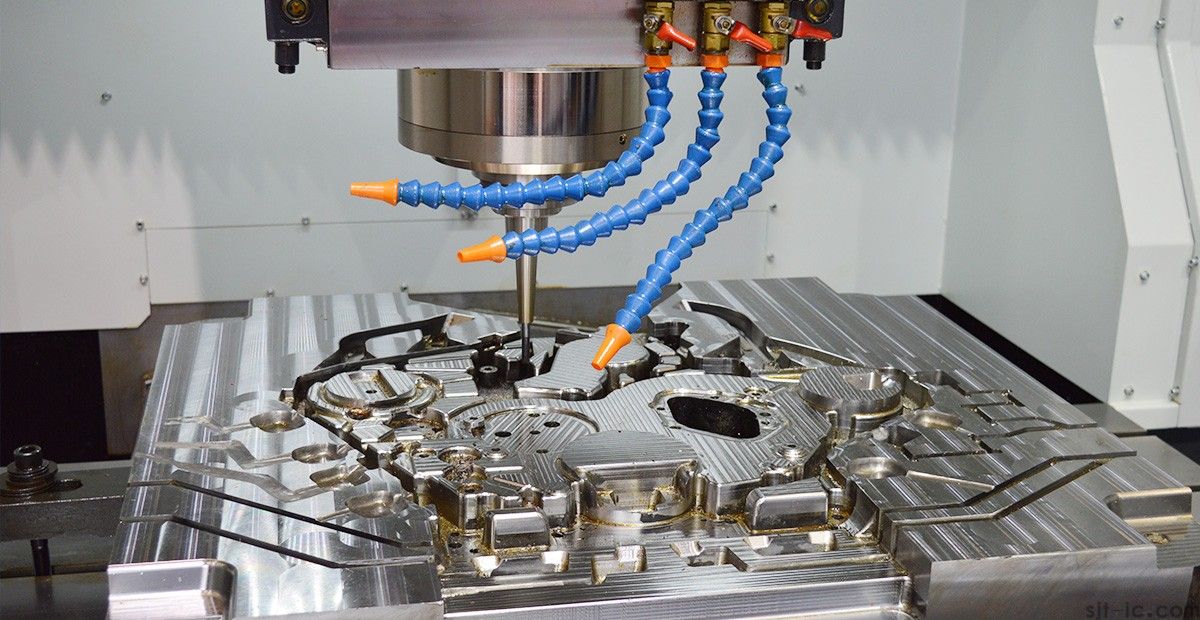
Understanding CNC Mold Processing
CNC mold processing involves using computer-controlled machines to carve, drill, and shape metal blocks (typically tool steel or aluminum) into precise mold cavities. Unlike conventional methods, CNC technology enables:
- Micron-level accuracy (±.005mm achievable)
- Complex geometries including undercuts and thin walls
- Consistent repeatability across production runs
- Faster turnaround compared to manual machining
Key Stages in Our CNC Mold Manufacturing Process
At EMAR, we follow a rigorous 6-stage workflow:
- Design Analysis: Our engineers review 3D models to optimize manufacturability
- Material Selection: Choosing grade-appropriate steel/aluminum based on application
- Rough Machining: Removing bulk material with high-efficiency tools
- Semi-Finishing: Achieving near-net shape with tighter tolerances
- Precision Finishing: High-speed CNC machining for critical surfaces
- Quality Validation: CMM inspection and trial molding
Why Choose EMAR for Your Mold Manufacturing Needs?
Our competitive advantages include:
- 15+ years of specialized experience in mold machining
- German-origin CNC machines with 5-axis capabilities
- ISO 9001-certified quality management system
- DFM feedback to optimize your designs for cost-efficiency
- One-stop services from prototyping to mass production
For mold projects requiring exceptional precision and surface finish, contact EMAR's engineering team at www.sjt-ic.com to discuss your technical specifications and receive a competitive quote within 24 hours.


 Spanish
Spanish Arabic
Arabic French
French Portuguese
Portuguese Belarusian
Belarusian Japanese
Japanese Russian
Russian Malay
Malay Icelandic
Icelandic Bulgarian
Bulgarian Azerbaijani
Azerbaijani Estonian
Estonian Irish
Irish Polish
Polish Persian
Persian Boolean
Boolean Danish
Danish German
German Filipino
Filipino Finnish
Finnish Korean
Korean Dutch
Dutch Galician
Galician Catalan
Catalan Czech
Czech Croatian
Croatian Latin
Latin Latvian
Latvian Romanian
Romanian Maltese
Maltese Macedonian
Macedonian Norwegian
Norwegian Swedish
Swedish Serbian
Serbian Slovak
Slovak Slovenian
Slovenian Swahili
Swahili Thai
Thai Turkish
Turkish Welsh
Welsh Urdu
Urdu Ukrainian
Ukrainian Greek
Greek Hungarian
Hungarian Italian
Italian Yiddish
Yiddish Indonesian
Indonesian Vietnamese
Vietnamese Haitian Creole
Haitian Creole Spanish Basque
Spanish Basque

